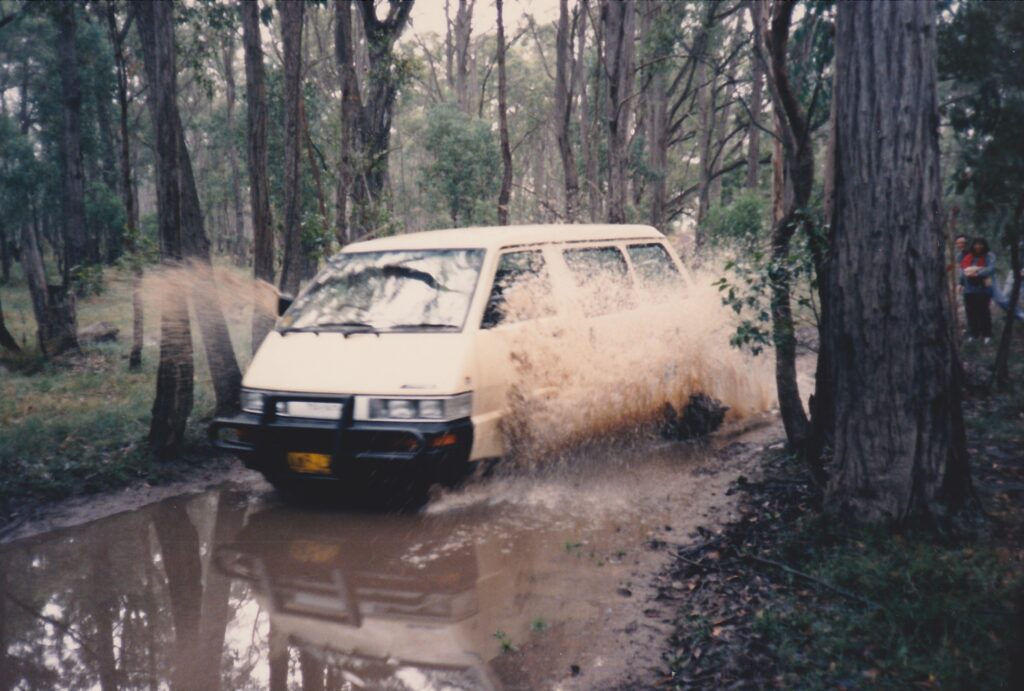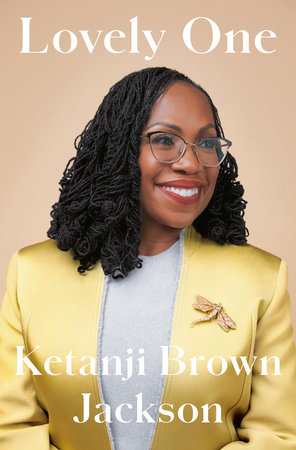I’m back from my daring adventure in Perth and Adelaide. I discovered – to my great happiness – that antisemitism in Australia is far more closely targeted than it looks. The bigotry in the media and on the Left surrounded me where I live and so I was inundated and so were many people I know. That inundation is targeted, not at me, but at anyone Jewish. I happen to be local to it and know too many people who share those politics. This is not me, personally (though a part of it is also me, personally) but most Jewish in Sydney and Melbourne and Canberra. Sydney and Melbourne have the largest Jewish population in the country, and that has been very precisely targeted with hate, but Canberra? It’s where the politics happen and the media mocks. I’m mostly collateral damage. That’s the good news. The other good news is that, outside Canberra, the science fiction community has a normal mix of politics and does not carry hate. The Arts, however, does carry hate. More and more I mix with other Jewish writers and editors because they don’t demand I hate myself. There are many writers and industry professionals who do not make those demands, but they leave me alone because I’m either politically perilous because of my upbringing or they simply don’t want to worry about it. “Jew cooties” strike again.
The moral of this story is that we can be trapped in a fishbowl where haters surround us. It’s only a fishbowl. It’s not even a whole city. Most non-Jews in Canberra want to tell me how awful Israel is and inform me about their views on genocide. They don’t want to talk about my end of things, not my murdered cousin, not everyone I know caught up in the war (Israeli and Palestinian) and most certainly not how alone I’ve been in Canberra, because they don’t want to reach out to me as friends. This is the problem I’m facing. Not even our “I talk to the Jewish community” Senator has sorted out how this affects local Jews and that we are the ones forced to explain ourselves every day and remind others that we’re still human.
I’m very glad that this is specific to certain circles in Canberra, even as it hurts to be dumped and deserted and hated. I now have ten days when I rediscovered that I hurt, but am still me, and that I have more friends than I knew and (if I can get past the hate) even have a life. I was less ill when I didn’t have to reach out and hope that the person I emailed wouldn’t come back to me with a demand that I denounce whatever (that day) they wanted me to denounce. And I have chats with taxi drivers to sustain me.
I have been saying for a while that the antisemitism is part of a wider problem of not seeing people for their actual cultures and religions. Jew-hate is a symptom of a wider disease. I was (locally) silenced and left out of things because I am wrong because I’m Jewish and Gillian (some people dislike me, and I may not enjoy this, but when it’s a personal thing it’s not the same thing as bigotry at all) and could see how so many people translate ‘Jewish’ into “Zio’ and ‘person who murders’ and other excitingly false tags and stories. Every time they think along these lines, it’s as if a slab of historical understanding is wiped from their brain, by choice.
I could also see that Muslims in Australia are mostly assumed to be Palestinian Australian (the actions of the certain Pakistani Australian senator do not help with this, at all). So many people assumed that there was a single Muslim voice and vote, when Muslim Australians are… Australian. We are such an independent mob. Why should Muslims not think for themselves? In fact, they did, and voted in a bunch of ways during the election. The media, being its current slow self, did not pick up on this. It also did not realise that so many Australians belong to other religions. The taxi drivers were Hindu, but from quite different parts of India. In Canberra, I’m more likely to run into a Sikh or Coptic Christian, but I have Hindu friends here. The only religion numerous enough to change an election outcome is Christianity. Australia is closer to a secular country than other Christian countries, but it’s still Christian. I lie to explain that the Lord’s Pray opens Parliament and that our ruler is also the ruler of the Church of England, but the truth is that, everyday, Christmas and Easter are times the country stops. Many atheist Australians still live the Christian year. They don’t do it in a religious manner, but they will eat pancakes on Shrove Tuesday and see Christmas Day as a day on which no-one should work.
What does all this mean?
I think we need to reconsider Australia as a country. We should look at the hateful targeting of minorities (Indigeous Australians have suffered and still suffer what Jewish Australians are currently enduring, to give the most obvious example) and not accept the media and the Left as arbitrators of our lives. In my perfect world, the majority I discovered when I broke out of my goldfish bowl will know to reach out to people like me (my friend Anna did, which is why I was able to safely travel) and connect us again with a safer world. This connection can be done with coffee locally, or a chat, or a movie, or a walk in the park. It’s an acknowledgement that our lives matter and that we don’t have to self-hate in order to be allowed to live. Simple things with radical consequences.
There is so much shouting right now. For every shout, I think we need ten instances of community building. That’s what I’m doing right now. I’m talking to other Jews who have become isolated and scared and bringing them into my suddenly-much-safer place. I’m writing fiction and essays that promote safe paths for people, and affirmation of cultural complexity. I’m still spending an hour a day analysing the rest-of-world, because it’s still not safe, but I’m taking the second hour I used to analyse and using that to analyse from a more productive and positive direction. I’m going to finish books and get them into the world, because that’s another path to reducing hate.
Finding publishers is the tough bit right now. Not all publishers are antisemitic, nor even half of them, but there are other crises happening and Jew cooties mean that many prefer works by someone other than me. Many, but not all – I need to find those who want my novels and non-fiction. Some of this is already happening.
A friend reminded me of a song that tells a story of how big change happened here, in Australia, when we were in a place that we thought we could never get out of. I was not one of the victims then. I was on the side doing the hurting and had no idea that I was part of something that awful. It wasn’t anything I intentionally did, it’s that I didn’t know that it was on me to reach out and be part of change. Vincent Lingiari and his friends and colleagues spearheaded that change when I was in the early part of primary school. Most of my life, then, has been spent seeing what changes can be made when we see people as themselves. A pop song helped and the use of the melody by an insurance company didn’t help at all, so I’m not sure how much today’s children know of what began when I was a child. Let me share that song, because it explains in the best way.


 The first was
The first was 